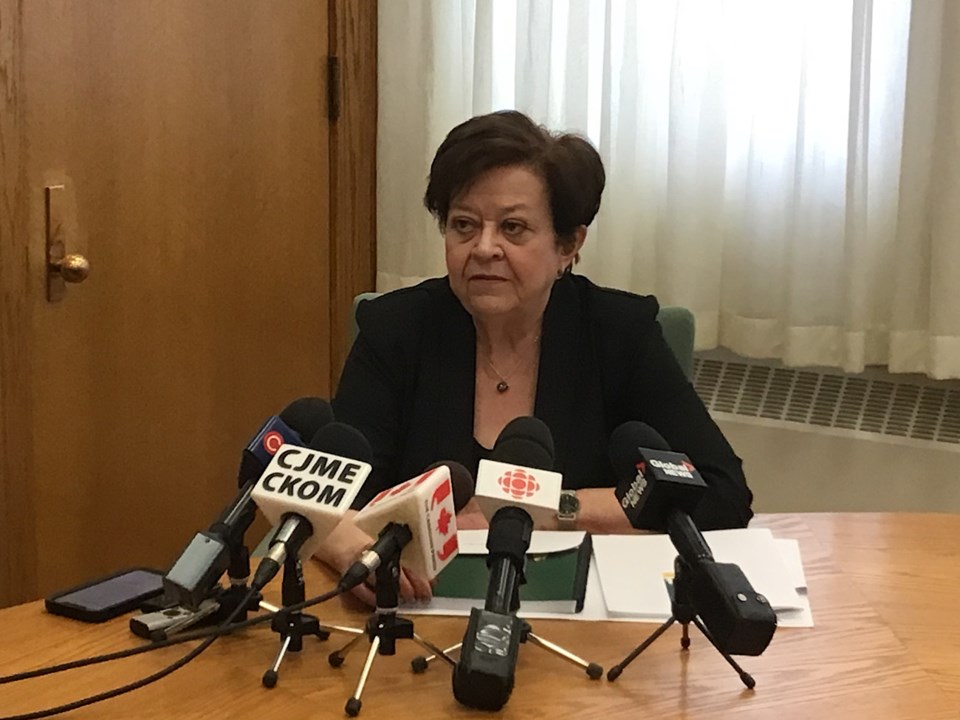YORKTON - The Saskatchewan budget came down last week and while a billion dollar surplus is good news for the province in general, there was less joy for the people of the province who have generally seen their cost of living go up in recent years.
When it comes to household costs utilities have climbed, property tax has climbed, food cost has climbed, and that has put pressures on family budgets.
That is especially true given that through the pandemic hours were often trimmed, or lay-offs made and there certainly weren’t a great many workers who saw a raise in wages.
So yes, this provincial budget wasn’t one where taxes were raised – given the surplus that was almost a given – but there weren’t the cuts that might have put a few dollars back in taxpayer pockets.
That means we need to look to see what all those surplus dollars mean locally.
To start there are dollars to design a new regional hospital here. Given other regional facilities are recent builds it might have been anticipated blueprints already existed somewhere, but the idea of cookie cutter designs to save dollars has never apparently caught hold in government.
When the hospital here is officially announced is likely dependent on when the province next goes to the polls when the facility will get a much-anticipated go ahead nod.
That will be great news locally as the existing facility is showing its age.
It will also mean local taxpayers are going to get a new bill too.
The City of Yorkton will be on the hook for a sizable chunk of the hospital costs – depending on what the final costs are. That will mean the city has two choices, raise taxes to make the payments on its share, or institute a levy to accomplish the same thing. In either scenario the cost to taxpayers is going to be ongoing for several years.
Also in the recent budget was more dollars into the provincial revenue sharing program for municipalities.
The new dollars are not massive when you consider they are spread over more than 700 municipalities and are per capita and the provincial population is growing.
And of course let’s not forget the dollars used to be based on one per cent of PST, but when the province’s finances tightened it was trimmed to .75 per cent. Apparently a $1 billion surplus is not quite enough to return the level to one per cent.
Also mixed in there is the province changing rules whereby municipalities now pay PST on their construction problems, essentially meaning there are some grant dollars to spend, but we will be taking some of those right back in PST.
So whether the added dollars are going to be as impactful as we might like – a few more potholes repairs would at least be something the average resident might benefit from – is questionable.
Attacking the debt and its interest draw on provincial coffers is of course a good thing, but just maybe a little less paydown, and a bit more for the people of Saskatchewan directly would have been a more balanced approach.






